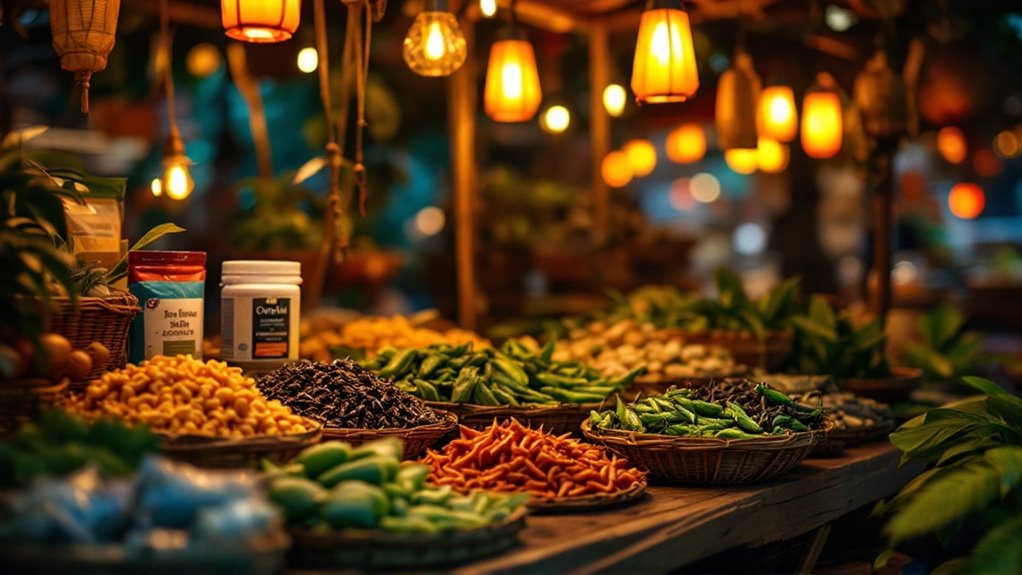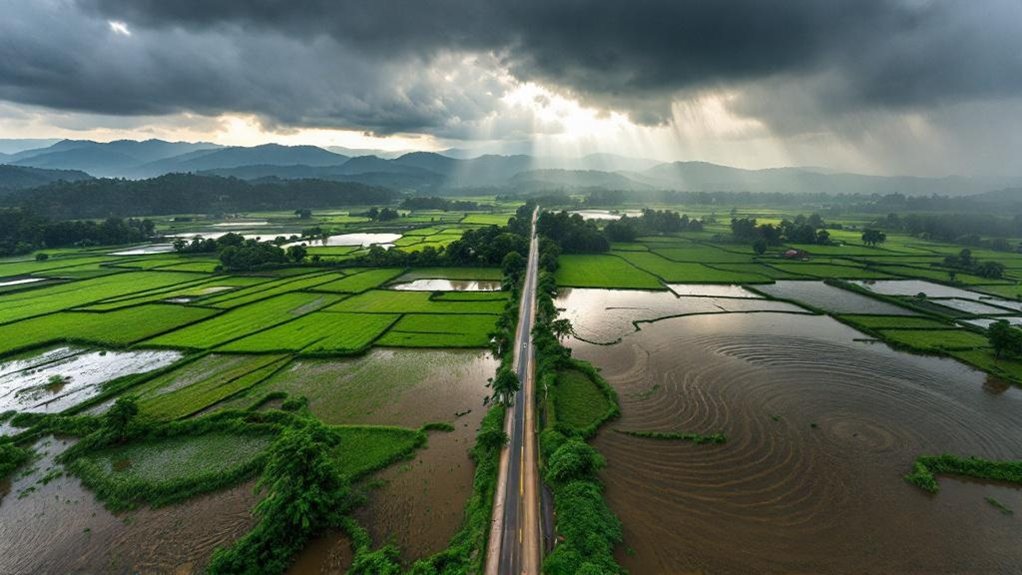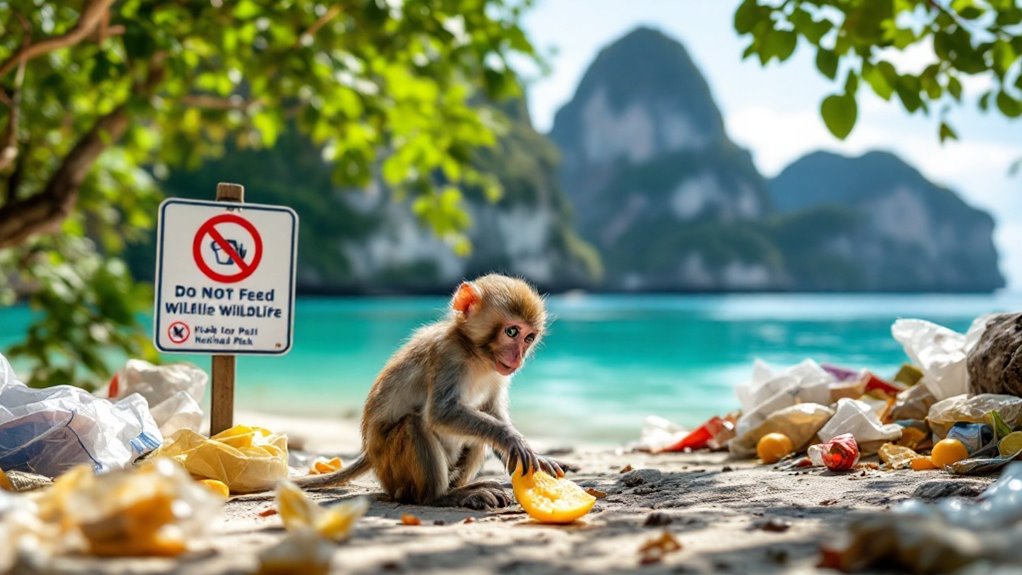Thailand’s edible insect industry is rapidly expanding, accounting for roughly 6% of global insect export value and generating over 7,000 million Baht for local farmers. With more than 20,000 small-scale insect farms nationwide, demand for products like cricket protein and mealworm snacks is rising due to sustainability and nutritional advantages. By 2033, edible insect production is expected to surpass livestock in environmental efficiency and impact, positioning Thailand as a central player in this growing green revolution. More details follow.
While global interest in alternative protein sources continues to rise, Thailand has emerged as a significant player in the edible insect industry, accounting for approximately 6% of worldwide insect export value as of 2025. The domestic market is experiencing robust growth, with demand for edible insects projected to exceed $50 million by 2024. This expansion aligns with broader trends in the global edible insect market, expected to reach $17.9 billion by 2033, growing at a compound annual growth rate (CAGR) of 28.6%.
Regarding production volume, global output is forecasted to hit 4.7 million tons by 2033, reflecting a 36.3% CAGR and indicating rapid scaling in both production and consumption.
Thailand’s involvement in this sector is rooted in a centuries-old tradition of insect consumption, which is integrated into local diets and culinary practices. Cultural acceptance has supported a diverse range of insect-based products, from whole roasted crickets to processed protein powders. Regional differences in consumption and farming methods have fostered a wide variety of edible insect offerings, and recent culinary innovations are blending traditional knowledge with modern food technology. In addition, environmental benefits such as lower greenhouse gas emissions and reduced water use make insect farming an attractive alternative to traditional livestock. Wide availability of edible insects, including crickets, mealworms, and grasshoppers, allows Thailand to offer products in various forms, from whole insects to processed snacks.
Economically, the edible insect sector generates more than 7,000 million Baht for Thai farmers, highlighting its contribution to rural livelihoods and the local economy. With over 20,000 insect farming businesses, mostly small household operations, the industry provides significant employment and income diversification opportunities.
Government support and technological advancements have facilitated the expansion of insect farms, increasing export potential and strengthening Thailand’s position in the global market.
Environmental benefits are also substantial. Insect farming produces lower greenhouse gas emissions than traditional livestock, requires less land and water, and reduces dependency on soy meal for animal feed, alleviating deforestation pressures. Additionally, the low risk of zoonotic disease transmission enhances food safety, which is increasingly important to both consumers and policymakers.
Commonly farmed species include crickets, mealworms, grasshoppers, and black soldier flies, with products ranging from snacks to protein powders for both human and animal consumption. Rising awareness of nutritional benefits and environmental sustainability, together with supportive government policies, continues to drive demand, positioning Thailand as a leading force in the edible insect green revolution.









